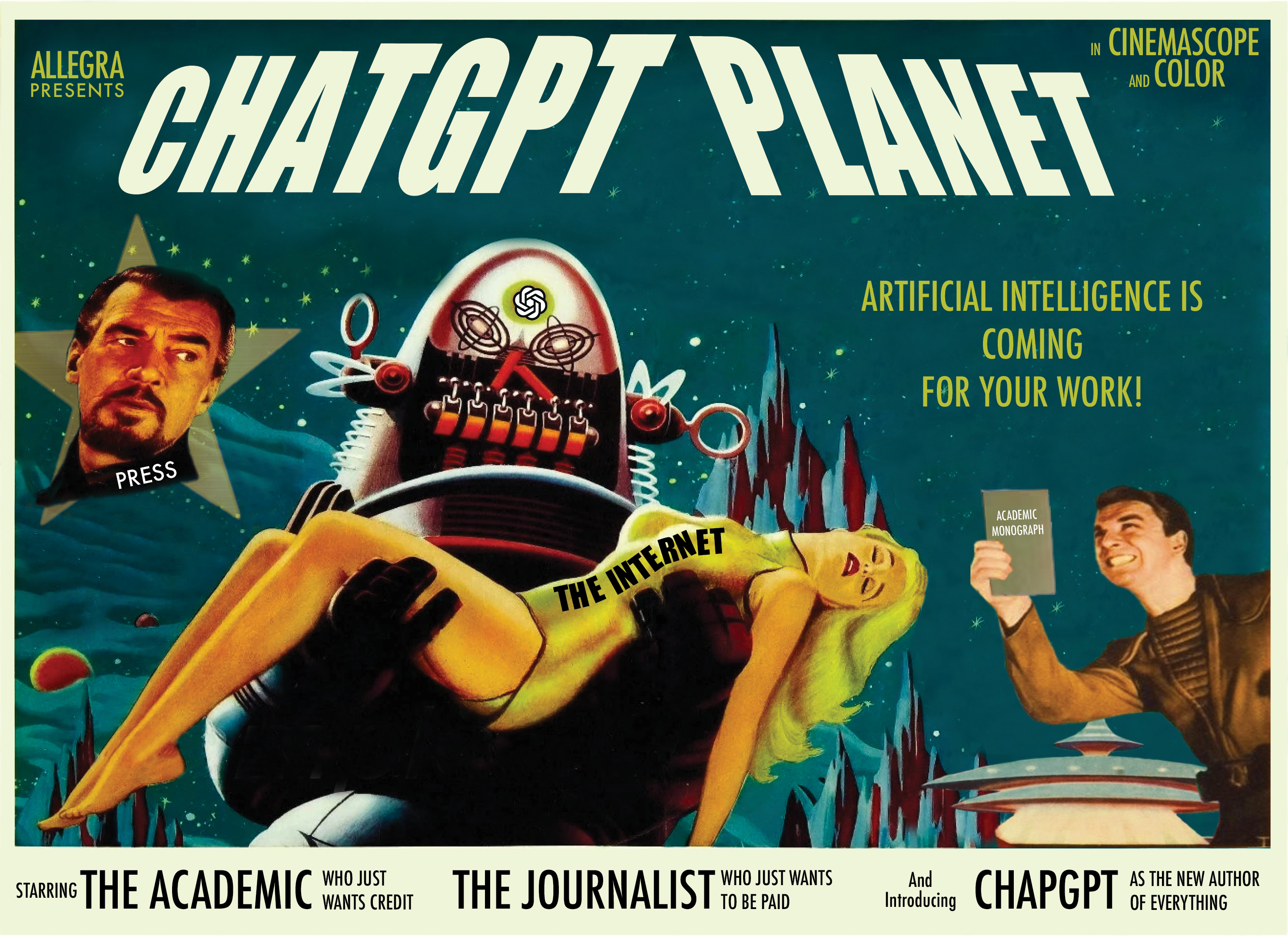This post marks the first installment of our special review section on Ethical Eating. Our three reviewers shared the work between them, splitting the book amongst themselves based on their geographical areas of interest. Fiona Murphy, a regular reviewer for Allegra who researches Indigenous politics and sustainability, kicks off the week by focusing her review on the chapters on vegetarianism in Vietnam and agro-ecology in Cuba. Loretta Iengtak Lou situates the sections on China and Vietnam within the overarching theme of the book, based on her interest in those adopting the ‘green lifestyle’ in Hong Kong. Constanza Curro, another Allegra regular, takes on the challenge of reviewing the chapters on post-Soviet Russia and Lithuania, which fits in perfectly with her own research on Georgian hospitality and the post-Soviet space in general, and rounds off with a general overview of the book.
With widespread austerity measures in the EU and a deepened awareness of the impact of climate change, words like ‘sustainability’, ‘ethical consumption’ and ‘resilience’ figure prominently in everyday discourse regarding environmental crisis. Ethical Eating in the Postsocialist and Socialist World edited by Yung, Klein, and Caldwell brings a fresh analysis to bear on what can be at times a challenging and nebulous debate about the nature and meaning of ethical, even political, consumption.
While the extant body of literature on ethical consumption (particularly within the marketing sub-discipline of consumer culture theory and the anthropology of consumption) is already quite rich and insightful, what Ethical Eating offers is a nuanced and in-depth reading of how the ethical is constructed in post-socialist and socialist contexts vis à vis the (post)socialist state. With eight chapters focusing on China, Russia, Cuba, Bulgaria, Lithuania and Vietnam, the reader gets a thorough and wide-ranging sense of how notions of ethical consumption and sustainability are challenged and reshaped by the historical experience of state socialism. Ultimately, this book offers a counter-reading to similar works on ethical consumption situated in the ‘West’, wherein ethical consumers position themselves against the state or market economy. In short, what we see in this book are different state-market-ethical citizen configurations at play.
What constitutes both the ethical and ethical food consumption is therefore challenged not only by the historical experience of state socialism, but also by personalised sets of consumer practices. In the examples given in the book, negotiations regarding ethical consumption also happen to be the backdrop of global ethical food movements and protests. These global, political, and indeed often ethical food movements harness myriad tropes, images, and narratives which reanimate more conventional readings of the environmental crisis.
Ethical Eating as a collection pushes these links even further through its examination of the intimate yet uncomfortable coupling of ethical eating and socialism.
In some contexts, as the book shows, this coupling has produced a powerful myth with forceful symbolic properties, one which asks ordinary citizens to return to some mythic past wherein notions of the good life, well-being, even frugality can be reengaged with. In other contexts, the idea of ethical food – even ethical labelling – unearths deep rooted suspicions regarding the socialist state.
Photo by Chris Goldberg (CC BY-NC 2.0)The topics covered in this book under the broad title of ‘ethical eating’ include milk and the moral economy, production and consumption, alternative food networks and farmers markets, the political and economic power of social movements, certification and labelling, organics, vegetarianism, agro-ecology and sustainability.
Embedded in these chapters are the answers to questions such as how is ethical consumption defined from context to context? Who is the ethical consumer? What are their motives? What are the differing roles of the state and market economy in shaping ethical consumption? Is ethical and political consumption at odds with or a key part of civic participation? What does civic participation even mean in socialist or postsocialist contexts? Is ethical consumption merely a form of status consumption? Is it possible to even speak of a global ethical consumption and sustainability movement in light of the empirical evidence in this work?
In Nir Avieli’s chapter, entitled ‘Vegetarian Ethics and Politics in Late-Socialist Vietnam’, the reader is asked to engage with these and many other questions in the ethnographic quest to understand the growth of vegetarianism in Hoi An, a tourist town in Vietnam. The chapter maps the growth of vegetarian restaurants over a relatively short time period and investigates the reasons attributed to this growth from multiple perspectives.
This insightful ethnographic reading of vegetarianism in this context is conducted amidst a broader reading of understandings of vegetarianism, producing thus an important chapter illuminating the ethical, moral, political, environmental, and personal motives for becoming vegetarian.
Avieli’s chapter dovetails nicely with the broader concerns of this collection in that it points to the significantly different understandings and motivations attached to the project of ethical consumption. It also flags how complex, even nebulous these definitions and motivations can sometimes be. It is this complexity that of course makes policy decisions on sustainability all the more challenging.
Photo by Guillaume Baviere (CC BY 2.0)Marisa Wilson, in her chapter ‘Agroecology and the Cuban Nation’, brings the reader from the definitionally broad-ranging to the very specific anchoring of civic responsibility and sustainability in Cuba’s project of ‘sustainable socialism’. Wilson charts the conjunctures and dis-conjunctures of what she calls the ‘scalar politics’ of the nationalisation of Cuban agro-ecology. The chapter succinctly unpacks how ago-ecology framed at the local, every-day is infused by nationalist, socialist tropes. Offering a rich comparative unpacking of the differences between Latin American and North American interpretations and practices of agro-ecology, Wilson evinces the way in which sustainability and agro-ecology works as an important nodal point for the intersection of right and leftist politics depending on the political-geographic context.
Ethical Eating in the Postsocialist and Socialist World makes an important contribution to the broader understanding of the lived experience of sustainability and ethical consumption in very varied contexts. Rich, both theoretically and empirically, it is a text that will serve well those researching and teaching in the area. It is, in short, a text bound to the complex pursuit of the ethical in a world where such an endeavour is becoming all the more urgent.
Caldwell, Melissa L., Klein, Jakob A. and Jung, Yuson (eds.) 2014. Ethical Eating in the Postsocialist and Socialist World. Oakland: University of California Press. 232 pp. Hb: $65.00. ISBN: 9780520277403





